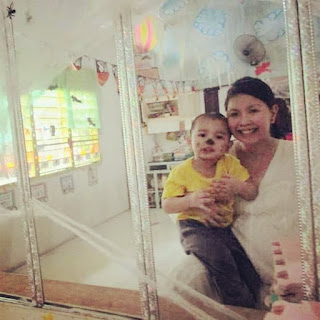Why Studying the History of Early Childhood Education is Important
“The asking and the answering that history provides may help us understand, even to frame, the logic of experience to which we shall submit. History cannot give us a program for the future, but it can give us a fuller understanding of ourselves, and of our common humanity so that we can better face the future.”
These powerful words about the role of history in our lives were from the late great Robert Penn Warren, the American novelist, poet, critic, teacher, and recipient of numerous awards and honors - the Pulitzer Prize (1979, 1947, and 1958), National Book Award (1958), and the Bollingen Prize (1967).
When we study history or the series of events that lead to the development of a phenomenon, school of thought, or discipline like Early Childhood Education, we begin to see and understand the circumstances that have shaped and continue to shape our views, beliefs, and relationships with young children. It is this understanding that will guide and inform our practice as early childhood professionals. Knowing what worked and did not work when it comes to supporting young children is half the battle won already. The other half is working on yourself to become more mindful, reflective, and constant - as an educator, a human being.
We are also confronted with varying questions and ideas on how children learn, on how best to educate them, and on what we can do to support them when we look at the historical information on early childhood education. As educators, we can evaluate, pick, and choose practices and approaches, which we believe can effectively support our teaching and the learning of the young children in our class. We will not be able to do these if we were not aware that such choices exist. But since we do, we can move steadily forward with the wisdom of those who came before us.
Photo by Janko Ferlic from Pexels
A practice on reflection for my graduate class in Approaches and Methods in Teaching Preschool.



